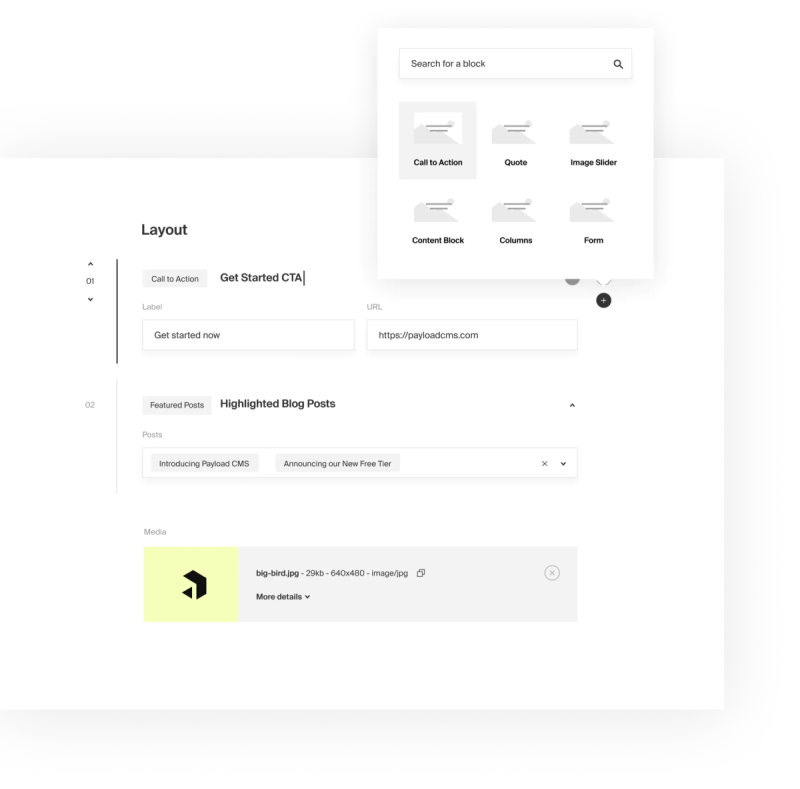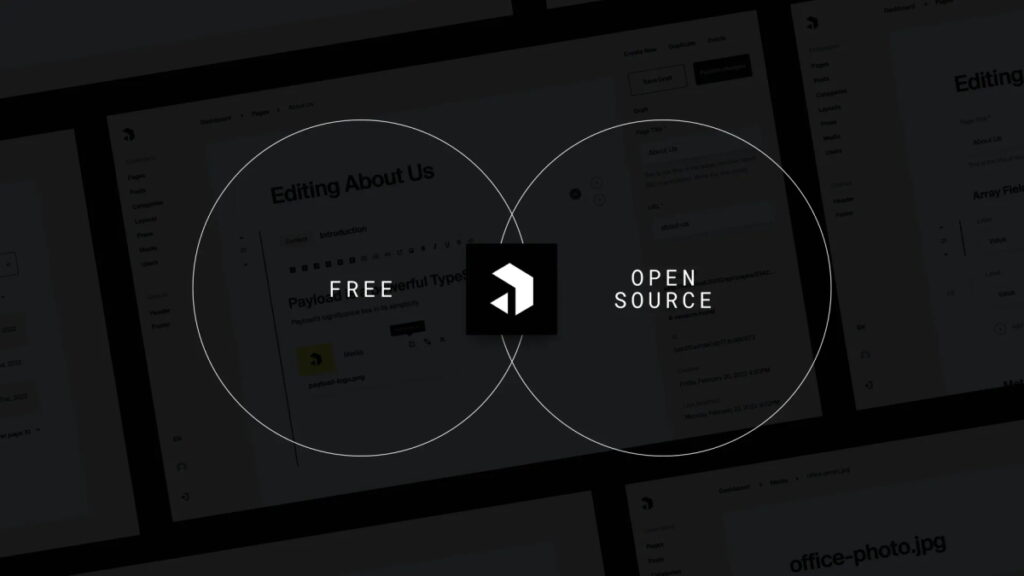
Since its first beta release a little over a year ago, Payload has slowly built a name for itself within the web development community as a headless Content Management System (CMS). For a bit of background information, Payload is a CMS tailored specifically toward being simpler to develop websites, web apps, or native applications.
Recently, they decided to go completely open-source, putting it among the likes of some of the best open-source CMS available.
However, that raises some questions, like what will their business model look like? And what are the plans for Payload CMS? Let’s take a brief look.
Why Has Payload Gone Open-Source?
Since its initial launch back in 2021, Payload has received many contributions from the open-source community. As Payload said in their recent announcement, the decision to go open-source is massive, and it allows projects to read much greater heights than could ever be possible if kept behind closed doors.

In addition, this openness often results in much greater levels of trust from the developer community. This trust also extends to businesses, naturally turning to the platform with the greatest developer support and trust.
Due to all these reasons, Payload is now switching to the MIT license. This allows anyone to modify, distribute, and use Payload for free and without limitations.
However, Payload still needs money flowing in to operate sustainably. So, that begs the question, how will Payload make money?
How Payload Is Going To Make Money?
As is always the case, Payload requires some financial backing to remain afloat. They have outlined a two-part plan that should both provide users with even more convenience-focused features while still leaving self-hosted customers incredible flexibility.

Enterprise Licenses
This option is extremely similar to other open-source CMS software services. These licenses would provide more advanced SSO options and give the developers guaranteed response times from the core Payload team.
These licenses should look appealing to larger corporations, especially those that require the utmost reliability.
Cloud Hosting
This option is quite attractive, as it combines multiple services to create the most convenient experience possible. Although traditional hosting remains reasonably easy, as soon as you add in a database, permanent file storage, and deliberate infrastructure for Node apps, you are left with four or five different services that all need to work seamlessly together.
With this change, Payload aims to solve this problem by offering a simple and cost-effective hosting solution. This would combine all the aforementioned services into one.
It should be noted that this is not required, and users are still encouraged to host their instances. However, this service simply takes a lot of the expenses and challenges associated with hosting out of the equation.
As of now, things haven’t been finalized. But, you can keep an eye on the discussions on GitHub to keep up with it.
Wrapping Up
As an emerging CMS option, it is great to see Payload take this step to become a popular alternative to WordPress and other options. Additionally, it appears to me that the Payload team is confident in their new business model, signifying a (hopefully) bright future for them.
- Even the biggest players in the Linux world don't care about desktop Linux users. We do.
- We don't put informational content behind paywall. Your support keeps it open for everyone. Think of it like 'pay it forward'.
- Don't like ads? With the Plus membership, you get an ad-free reading experience.
- When millions of AI-generated content is being published daily, you read and learn from real human Linux users.
- It costs just $2 a month, less than the cost of your favorite burger.
Become a Plus Member today and join over 300 people in supporting our work.









